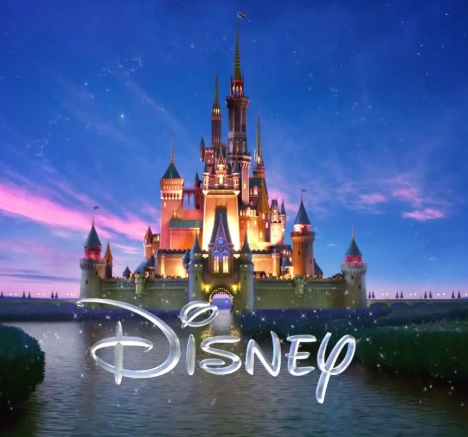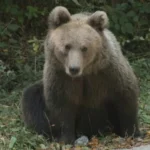LOS ANGELES — In a move that could redraw the battle lines between artificial-intelligence innovators and copyright holders, The Walt Disney Company and NBCUniversal filed a joint federal lawsuit Wednesday accusing San Francisco–based Midjourney of “industrial-scale intellectual property theft.”
According to the complaint lodged in the U.S. District Court for the Central District of California, Midjourney trained its popular image generator on vast swaths of Disney’s and Universal’s catalogues—then sold subscriptions that spit out near-photorealistic riffs on marquee characters such as Darth Vader, Elsa, Yoda, the Minions, Groot, Shrek and Bart Simpson. The studios argue that the AI firm copied “thousands upon thousands” of protected images without licenses, giving the start-up a shortcut around the creative investment the entertainment titans have spent decades—and billions—building.
“Midjourney has positioned itself as the technological heir to our libraries while investing none of the time, talent or capital required to create them,” the filing alleges, dubbing the company “a textbook free rider.”
Disney and Universal say they spent months urging Midjourney to adopt guardrails similar to those embraced by other AI vendors, ranging from opt-out mechanisms to filters that block obvious trademarked requests. The talks went nowhere, the studios claim, while Midjourney rolled out successive model upgrades and, by their estimate, booked roughly US $300 million in subscription revenue last year alone.
The 50-page suit features side-by-side exhibits: studio artwork on one side, AI-generated look-alikes on the other. The plaintiffs seek a preliminary injunction barring further use of their works for training or output, plus monetary damages “commensurate with the scale of the infringement.”
Wednesday’s filing marks the first time major Hollywood players have taken an AI powerhouse to court, though Midjourney, Stability AI and others already face separate suits from illustrators and photographers. In August 2024, a California judge allowed one such artist-led case to proceed, ruling that claims of wholesale copying were “plausible at this stage.”
Midjourney has yet to comment publicly on the new action. Whatever the outcome, the case is poised to become a bellwether for how U.S. courts will balance rapid-fire AI innovation against the bedrock principles of copyright law.






